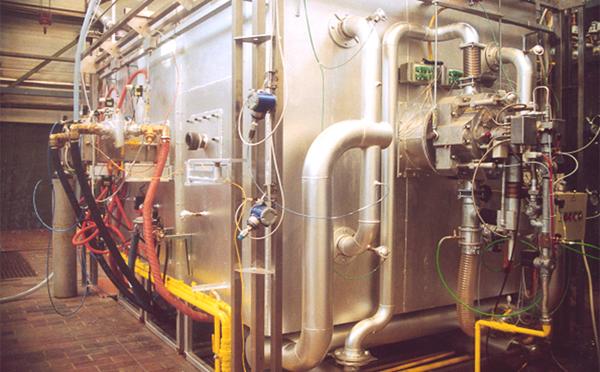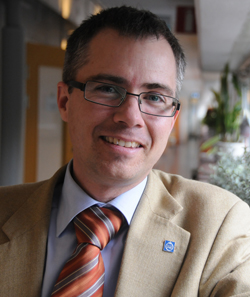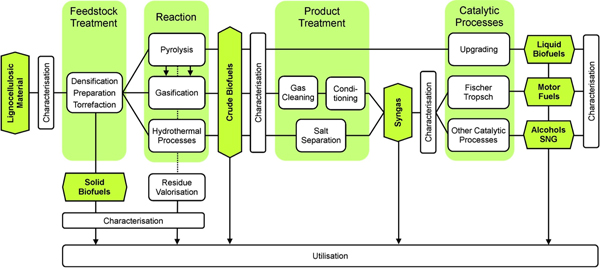BRISK Accepting Proposals for Biofuels Research
NEWS
The KTH-led, 26-member consortium BRISK has begun accepting proposals from researchers studying improved production methods for biofuels and thermal biomass conversion. Financed by €11 million in EU research funds, the project emphasises international mobility, inviting students and professors to conduct experiments at dozens of specialised testing facilities across Europe.

Perhaps the case can be made that EU policymakers are taking seriously the challenge issued by UN Secretary General Ban Ki-moon last year at the World Economic Forum. “The climate change campaign should be led, must be led by developed countries,” he told the 2011 gathering of the global elite in Davos. Noting “psychological games” between the United States and Europe on one side, and China, India and Brazil on the other, Ban said that developed countries “have to be morally and politically responsible.”

The EU-funded BRISK project might be seen as a sign that Europe is at least making an attempt to take scientific responsibility. And from identifying the causes of climate change to forecasting its impacts to developing the technologies that will address it, science will be at the centre of any concerted effort to address global warming.
BRISK (Biofuels Research Infrastructure for Sharing Knowledge) is rooted in the recognition that engineering new production processes for fossil fuel alternatives is among the most promising technological fixes for reducing carbon emissions. A European network of 26 leading universities, hosted by KTH, the BRISK programme is designed to cross-fertilise experimentation in thermochemical biomass conversion by funding the movement of researchers among at least 60 test facilities and pilot plants stretching from Turkey and Greece in the south to Scandinavia and the UK in the north.
Established last autumn, BRISK began accepting proposals for trans-European research projects in April. “We’re open for business,” says Andrew Martin, BRISK Director and Associate Professor in the KTH Department of Energy Technology. “We’re focussed on the research infrastructure, on heavy-duty experimentation. Theory can only get you so far, but we’re engineers. We want to produce results that hopefully will lead to commercial products.”
Martin explains that BRISK aims to give researchers the tools to answer fundamental questions about every step in conversion of biomass to fuels: preparing the feedstock, reaction processes such as pyrolysis or gasification, treatment of the resulting products, and catalytic processing. “If you want to find out what happens when you change parameters in a certain way, or change the feedstock, or combine processes in an unconventional way, you’ll be able to get a result. Results will be published widely, and we hope they’ll be commercialised by someone inside or outside the consortium.”
The bulk of BRISK’s financing is provided by the European Union’s FP7 programme, the seven-year, €50 billion fund created to promote cross-border research collaboration supporting the EU goal of “building a community united in diversity.”
By Kevin Billinghurst | kb2@kth.se
